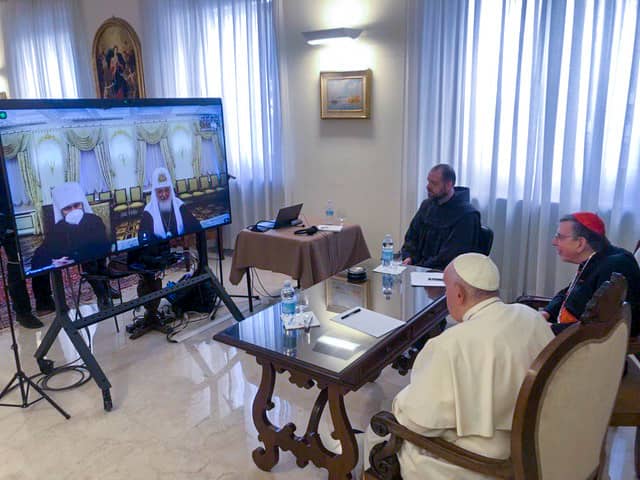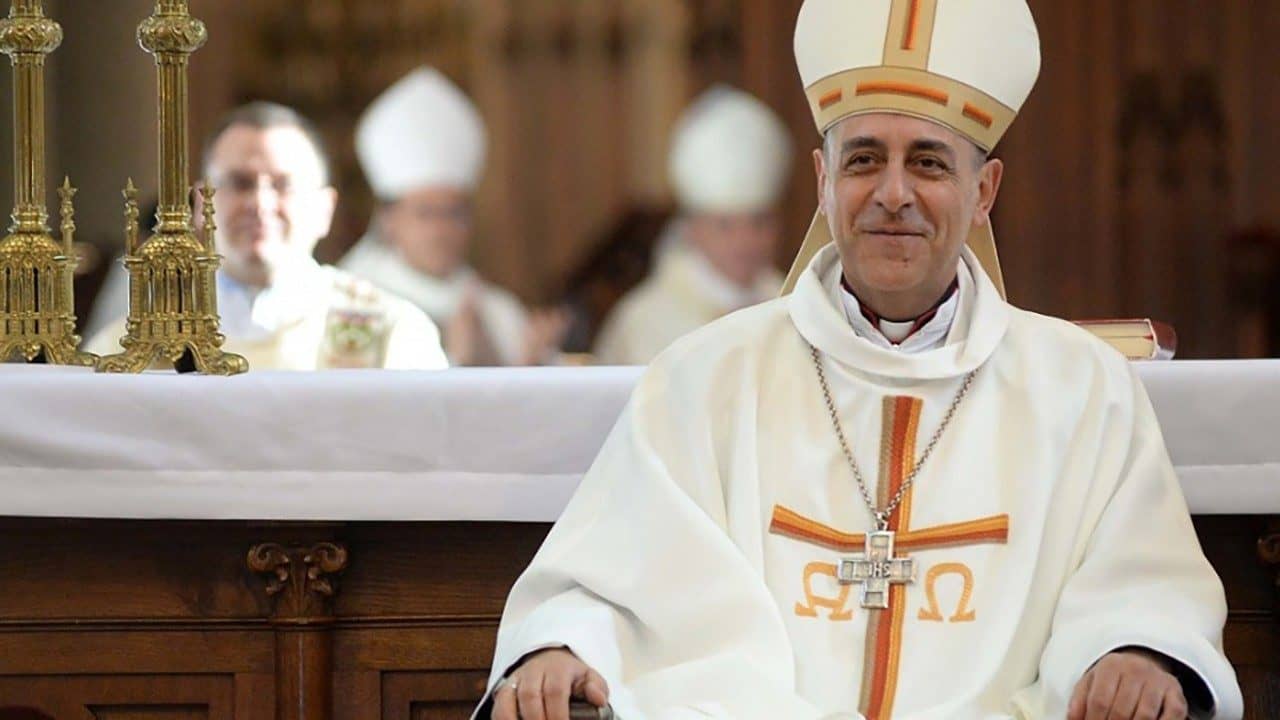ROME – Presumably, when the prosecutors in the Vatican’s “trial of the century,” pivoting on a failed $400 million land deal in London, rang in the New Year a few days ago, like everyone else, they wished one another a happy 2022.
They may have actually said “happier,” because, let’s face it, 2021 didn’t go particularly well for the prosecution, which has suffered a series of setbacks and breakdowns and raised questions about whether this trial will ever get off the ground.
As it happens, the New Year actually has gotten off to a better start, because on Jan. 8, the prosecution scored a sort of moral victory in the unlikely setting of a Swiss appeals court.
That court rejected a request by Italian financier Raffaele Mincione to unblock assets frozen by Swiss authorities a year ago in response to a request from Vatican prosecutors, estimated at roughly $70 million. Mincione had claimed the sequestration was rendering him unable to pay off business debts as well as to provide for personal expenses for himself and his family. He also argued that the sequestration was illegitimate because prosecutors have denied him due process of law by failing to turn over key evidence.
The last time such an issue was placed before a foreign court was in the UK, where a judge unfroze assets belonging to another Italian wheeler and dealer, Gianluigi Torzi, who was also involved in the London debacle. In that case, the judge accused Vatican prosecutors of “appalling misrepresentations” in its legal filings and, basically, gave Torzi his money back.
Technically, the Swiss ruling wasn’t exactly an endorsement of the Vatican prosecutors’ indictment of Mincione. What the court found was that since it has no way of knowing how many other assets Mincione may have at his disposal, it couldn’t determine how much real harm he’s suffering.
Nonetheless, there were three related findings that had to bring some cheer to the beleaguered Vatican team.
First, Mincione’s lawyers had argued that the assets ought to be unfrozen in part because his defense team in the Vatican Case has sought to have access to four controversial papal rescripts at the beginning of the process which granted prosecutors broad powers, but those requests have been denied, suggesting a failure in discovery.
The Swiss court, however, ruled that Mincione had failed to prove that the papal documents are being “deliberately kept hidden” – suggesting that disputes over which documents Mincione’s lawyers have a right to see is simply part of the normal legal wrangling in a case like this, and not necessarily evidence of an effort to thwart his rights.
Second, Mincione’s lawyers cited the fact that his defense team has not been able to have access to the full versions of recordings of interrogations, including the star witness in the case, Italian Monsignor Alberto Perlasca, as an illustration of defects in the system.
The Swiss court rejected that argument too. They said that the Vatican’s criminal procedure is based on that of Italy, which, in turn, is similar to the Swiss system, which provides guarantees that the defense will have access to all materials relevant to its case. Implicitly, the court suggested that difficulties in getting certain materials so far could be due to a failure of due diligence on the part of Mincione’s lawyers.
Finally, Mincione’s team argued that the Vatican prosecution is illegitimate because there’s no separation of powers – the pope is both the supreme executive and the supreme judicial authority – and therefore a fair trial is impossible. That argument too was set aside, because, the judges said, it can only be invoked by someone who’s actually in the foreign state in question and seeking the assistance of Swiss legal authorities.
Mincione is not a resident of the Vatican City State, and the court said that his request for relief therefore “borders on recklessness, and this dilatory way of acting cannot find protection.”
Granted, none of this amounts to a finding that Mincione is actually guilty of the crimes with which he’s been charged, which are basically that he defrauded the Vatican of millions of Euro by misrepresenting the details of the London deal. Nonetheless, it’s also the first time a foreign court has examined the case and found the conduct of the prosecutors to date to be perfectly within internationally accepted legal standards.
Perhaps the reality is simply that the case against Torzi is weaker than that against Mincione, which could help explain the radical difference in judgment between the British and the Swiss courts. Perhaps, too, it’s that Torzi’s appeal rested more on the facts of the case, while Mincione’s lawyers were operating more at the level of the integrity of the Vatican legal system in the first place.
In any event, the Swiss ruling is a rare ray of sunshine for Vatican prosecutors coming off a pretty dark year. We’ll see if it translates into new momentum for them when the Vatican trial resumes Jan. 25 – when defense objections, including the missing portions of the tapes, are expected to come to a head.
Follow John Allen on Twitter: @JohnLAllenJr















